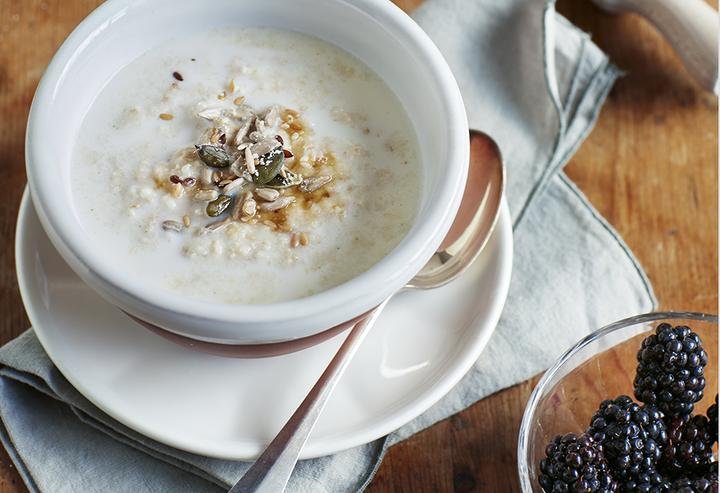August 06, 2017
Fruit and vegetables are packed with nutrients that are hugely beneficial to our health and wellbeing – fibre, which is good for the gut, vitamins and minerals. Certain vegetables, like broccoli, even contain protein.
Some vegetables, like cauliflower, cabbage, broccoli and artichoke, can be tough for a sensitive gut to digest. Keeping a diary of foods and symptoms can help you find vegetables your body feels more comfortable with. If you're struggling with constipation, increasing the amount of fruit and vegetables in your diet can help, as they contain fibre that stimulates the gut.
Don't forget fresh herbs, as these can be used instead of salt to add flavour to foods and make them more appealing, especially if you find your appetite is low. You can chop them up and freeze them in ice cube trays, then just pop them into a meal when you need them.

Studies have shown that organic produce doesn't contain more vitamins and minerals, although you may prefer to eat it. They can be more expensive, though, and if you're on a limited budget, my advice would be to focus on seasonal foods instead as large volumes of a certain fruit or vegetable can mean prices are lower. Frozen vegetables can be more economical and the vitamin C in them doesn't get destroyed by the freezing process. If you're short on time, try popping frozen peas, sweetcorn or spinach into a bought soup or sauce to add extra goodness.
I’m thrilled to have been asked by Macmillan Cancer Support to join their Ask an Expert panel, offering insight on nourishing solutions to help when you are living with cancer. As well as answering questions for members of the Macmillan community, I will be filming a series of videos on common issues around eating when you are being treated for cancer or you’re in recovery. This is an unpaid, voluntary role but one I’m honoured to accept because of the immensely valuable support that Macmillan gives to those affected by cancer.


